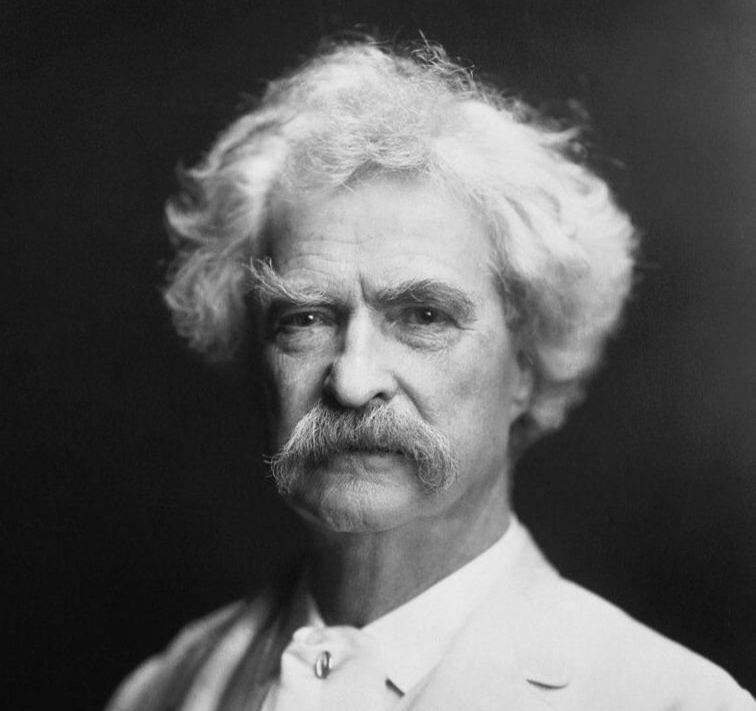The crime of the cup
- deansimpson7
- Nov 4, 2025
- 3 min read

BY BARRY GITTINS
Some 164 years ago, on 7 November 1861, a field of 17 horses made their way around Melbourne’s Flemington Racecourse for the inaugural Melbourne Cup.
It was a day out for the 4000 people who attended, but perhaps none of them would realise how large the event would become.
By 1895, 34 years after it kicked off, visiting American humorist and raconteur Mark Twain said the Melbourne Cup astonished him, and that “nowhere in the world have I encountered a festival of people that has such a magnificent appeal to the whole nation”.

The event has become known as the ‘Race that stops a nation’. It boasts $8.6 million in prize money and has long been marked by a Victorian public holiday, and tens of thousands cram themselves into the locale every first Tuesday in November to try their luck.
But beyond the pageantry and colour of the Melbourne Cup, past the lure of easy money and hopes of striking it rich, is the long history of social harm from gambling and substance abuse. That harm was decried long and loud by mobs such as The Salvation Army, who were decidedly and vociferously against gambling.
The Salvos would often stage alternative events – sporting contests and concerts on the same day – to distract from the gee gees.
From their pulpits and in their periodicals, they denounced gambling as a source of pain to families, and the Melbourne Cup as a ‘gambling saturnalia’ that Society, the Press and the State – not to forget the churches – were all naughty to tolerate.
Often present to pick up the pieces when the man of the house had spent the household’s budget on horses that didn’t place, the Salvos knew many kids that looked to go hungry, how many wives were bashed by drunken husbands, how many lives were impacted, how many families face eviction and homelessness – all through hazardous punts that did not pay off.
Gambling, they thundered, “embraces all races, all classes, and all ages in its octopus grip. Both sexes are equally guilty”. And when it came to gambling, the Salvos reckoned, “our politicians are, as a class, mere blind leaders of the blind”.

Consider the rhetoric of a 1935 jeremiad through which the Salvos waged war against gambling and the Cup: “A speculator in the [NSW] State Lottery has one chance of winning first prize and sixteen chances of being dead before the drawing takes place. Drink is not responsible for half the crime that betting and gambling are. The gambler enriches himself by another’s loss, extending even to the necessities of life of little children. His pleasure is achieved at the cost of another’s pain.”
In the world of sport, the Salvos contended, “The event of the year [is] the Melbourne Cup, one of the greatest racing carnivals in the world, and one by which our fair country is best known by many of the world’s leading citizens.”
The War Cry lamented that across the land, parliaments would be suspending their sitting sessions, booze would flow, libertines would frolic and that Australians “may be freely prostituted at the great pagan festival as 90,000 people, representing the majority of the nation, lay their offerings with spiritual frenzy on the high altar of this modern Moloch”. (Moloch, for those not up on Canaanite deities from the Bronze Age, was said to have been worshipped through child sacrifice.)
Dramatising the event’s fervour further – a difficult task indeed – the Salvos said that “when the thrilling climax of a tidal emotion has been reached, and the noble animal which passed the winning post first has been acclaimed by the winners and bemoaned by the losers, the darker forces of licentiousness and debauchery will descend as the cavalry of hell, upon winners and losers alike, and complete the great holocaust”.
Video footage and interviews from the Flemington grounds and carpark suggest that things haven’t really changed much in the past 90 years.
As for The Salvation Army, that body of men and women remains opposed to gambling and concerned at the social harm that betting has on families and those addicted to gambling.






